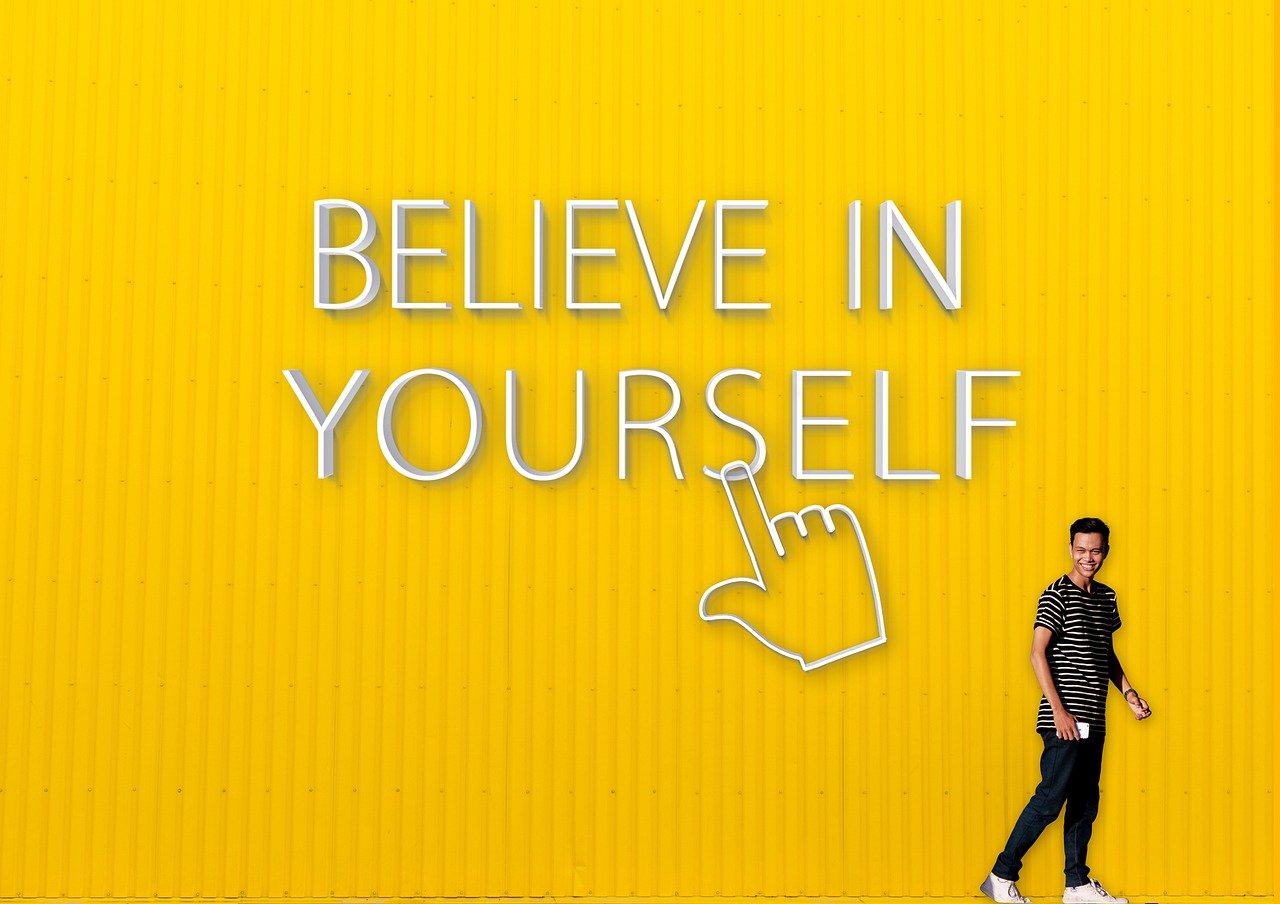Entrepreneurship represents a dynamic journey where vision meets tenacity and adaptability shapes outcomes. In 2025, the interplay of rapid technological advancements, shifting consumer behaviors, and global market fluctuations makes cultivating the right mindset more vital than ever. Entrepreneurs who succeed don’t rely solely on groundbreaking ideas; they develop enduring mental traits that empower them to navigate complexities and turn setbacks into opportunities. This article delves deeply into the essential mindset traits that underpin entrepreneurial success, illustrating how resilience, creativity, risk-taking, and continuous learning combine to build thriving ventures in today’s competitive landscape.
Unlocking Resilience and Persistence: Cornerstones of Entrepreneurial Mindset
Resilience stands as a defining attribute for entrepreneurs who achieve long-term success. In an environment where failure is often inevitable, the ability to persist and rebound is invaluable. Entrepreneurs regularly encounter unexpected hurdles such as funding challenges, market shifts, or operational disruptions. Rather than succumbing to discouragement, resilient individuals reinterpret failures as growth opportunities.
Consider Sarah, a tech startup founder who faced multiple product launch failures. Instead of retreating, she analyzed each setback, adapted her strategy, and made pivotal improvements that eventually led to a successful market entry. Her story highlights how persistence and resilience together fuel entrepreneurs’ determination to keep moving forward despite adversity.
Strategies to Cultivate Resilience and Persistence
- Reframe setbacks as learning opportunities: Shift perspective to see failures as feedback rather than defeat.
- Develop mental toughness: Engage in mindfulness and stress management to sustain emotional balance.
- Set realistic milestones: Break large goals into manageable steps to maintain motivation.
- Build supportive networks: Lean on mentors, peers, and advisors who provide encouragement and guidance.
- Maintain flexible optimism: Stay hopeful but grounded, balancing enthusiasm with practical planning.
Resilience is closely interwoven with persistence—consistent effort toward goals despite obstacles. Entrepreneurs who combine these traits demonstrate exceptional endurance when navigating the unpredictable startup terrain.
| Resilience Trait | Practical Actions | Impact on Entrepreneurial Success |
|---|---|---|
| Reframing Failure | Analyze failures to identify lessons and pivot accordingly | Enhances problem-solving and innovation |
| Mental Toughness | Use stress-reduction techniques like meditation and exercise | Improves decision-making under pressure |
| Support Networks | Engage with mentors and entrepreneurial communities | Provides emotional support and knowledge resources |
| Flexible Optimism | Maintain positivity with a readiness to change plans | Encourages continual growth and adaptation |

Enhancing Adaptability and Vision: Navigating Change with Strategic Clarity
In today’s fast-paced market environment, adaptability and a clear vision serve as beacons guiding successful entrepreneurs through uncertainty. The ability to pivot business models, embrace new technologies, and meet evolving consumer demands has become essential in 2025. Entrepreneurs with vision look beyond the immediate horizon, crafting long-term plans that are both ambitious and flexible.
For instance, consider a sustainable fashion startup that initially targeted local markets but quickly expanded online to respond to global demand, pivoting its supply chain and marketing strategies effectively. Their success hinges on an adaptable mindset combined with clear long-term goals.
Key Mindset Traits to Build Adaptability and Vision
- Continuous environmental scanning: Stay alert to market trends and technological innovations.
- Set clear, flexible goals: Develop a vision that guides but allows for modification.
- Encourage innovative problem-solving: Foster creativity within teams to address new challenges.
- Embrace uncertainty as opportunity: View change positively and be open to calculated risk-taking.
- Regularly reassess strategies: Adapt plans based on real-time feedback and data analysis.
Adapting does not mean abandoning the vision; it means refining it. Entrepreneurs who excel reconcile determination with openness, using resourcefulness to align their creative ideas with business realities. This duality helps minimize risks while maximizing innovation.
| Trait | Implementation Technique | Entrepreneurial Benefit |
|---|---|---|
| Vision | Develop roadmap with achievable milestones | Provides direction and motivation |
| Adaptability | Maintain flexible business models | Enables quick responses to market changes |
| Innovative Thinking | Encourage brainstorming and experimentation | Drives product differentiation and competitive advantage |
| Risk-Taking | Conduct thorough assessment before decisions | Balances growth opportunities with caution |

Creativity, Risk-Taking, and Innovation: Driving Business Breakthroughs
The essence of entrepreneurship lies in creativity and the courage to take risks, fueling innovation that disrupts established markets. Entrepreneurs who meld these traits effectively often bring products and services that redefine customer expectations and generate new demand.
An illustrative example is how fintech startups have integrated blockchain technologies, combining creativity with a willingness to explore uncertain territories. These ventures face inherent risks but leverage self-confidence and data-driven decision-making to navigate complexities successfully.
How to Foster Creativity and Manage Risk
- Encourage diverse perspectives: Build teams with varied backgrounds to stimulate fresh ideas.
- Implement iterative innovation: Use prototypes and pilot projects to test concepts before full launch.
- Measure and manage risks: Develop framework to quantify and mitigate uncertainties.
- Maintain self-confidence: Trust instincts informed by experience and research.
- Celebrate intelligent failures: View unsuccessful attempts as stepping stones to breakthroughs.
Calculated risk-taking, balanced with creative problem-solving, gives entrepreneurs a competitive edge. Being resourceful in leveraging limited assets and data strengthens strategic decisions, propelling ventures outside conventional boundaries.
| Creative Trait | Risk Management Strategy | Outcome for Entrepreneurial Success |
|---|---|---|
| Innovative Thinking | Rapid prototyping and feedback loops | Accelerated market fit and product refinement |
| Calculated Risk-Taking | Comprehensive risk-reward analysis | Mitigates losses and maximizes opportunities |
| Self-Confidence | Decision-making supported by facts and intuition | Enables bold moves with strategic backing |
Mastering Self-Discipline, Time Management, and Resourcefulness for Sustained Growth
Entrepreneurship demands a rigorous framework of self-discipline and efficient time management to handle multifaceted tasks and high workloads. Successful entrepreneurs prioritize responsibilities, uphold productive routines, and ingeniously optimize resources to maximize output.
David, a serial entrepreneur in the sustainable energy sector, credits his achievements to disciplined planning and inventive resource allocation. By leveraging digital productivity tools, outsourcing non-core functions, and setting strict daily goals, he maintains a productive workflow that drives business scalability.
Techniques to Enhance Discipline and Resource Utilization
- Use time-blocking methods: Allocate dedicated periods for specific tasks to improve focus.
- Leverage technology: Adopt tools like project management apps and automation to streamline operations.
- Delegate effectively: Identify tasks best handled by others to free up strategic bandwidth.
- Develop routines: Establish consistent work habits to build momentum and prevent burnout.
- Continuously optimize: Analyze workflows to identify efficiency opportunities.
This approach fosters sustainability in entrepreneurial ventures, enabling founders to meet deadlines without sacrificing quality. Resourcefulness amplifies these efforts by creatively solving problems with limited means.
| Discipline Trait | Application | Benefit to Entrepreneur |
|---|---|---|
| Time Management | Implement daily priorities and limit distractions | Increases productivity and reduces stress |
| Resourcefulness | Innovatively use existing assets and networks | Enhances problem-solving with minimal costs |
| Self-Discipline | Stick to schedules and meet commitments | Builds professional reputation and trust |

Embracing Continuous Learning, Emotional Intelligence, and Self-Confidence
The ultimate edge for entrepreneurs in the current era emerges from a commitment to lifelong learning and the ability to manage emotions and relationships wisely. Those who invest in personal growth and cultivate emotional intelligence often build more resilient teams and forge stronger client connections.
Case in point, Maria, an entrepreneur in health tech, attributes her venture’s rapid scale to her openness to feedback and dedication to upgrading her technical and leadership skills. Her journey illustrates how self-confidence combined with emotional awareness can inspire trust and energize organizations.
Paths to Developing Learning Agility and Emotional Mastery
- Seek regular feedback: Invite constructive criticism from diverse sources to refine strategies and behaviors.
- Engage in skill-enhancement activities: Attend workshops, online courses, and network with peers.
- Practice emotional regulation: Develop mindfulness and empathetic listening to improve interpersonal relations.
- Maintain self-confidence: Build assurance through preparation and affirm achievements.
- Balance humility and assertiveness: Use confidence to lead, humility to grow.
| Trait | Development Method | Entrepreneurial Advantage |
|---|---|---|
| Continuous Learning | Enroll in ongoing education and mentorship | Keeps business competitive and innovative |
| Emotional Intelligence | Practice empathy and stress management techniques | Enhances teamwork and negotiation skills |
| Self-Confidence | Prepare thoroughly and reflect on accomplishments | Supports decisive leadership and risk-taking |
Frequently Asked Questions About Entrepreneurial Mindset Traits
- What role does resilience play in overcoming startup failures?
Resilience allows entrepreneurs to recover quickly from setbacks, turning failures into valuable learning experiences that inform future strategies. - How can entrepreneurs balance risk-taking with caution?
By conducting comprehensive risk analyses and planning contingencies, entrepreneurs can take calculated risks that foster growth while managing potential downsides. More on risk awareness can be found here. - Why is adaptability so crucial in 2025’s business landscape?
Rapid technological and market changes require entrepreneurs to pivot efficiently. Staying adaptable ensures businesses remain relevant and capitalize on emerging opportunities. - How can self-discipline improve entrepreneurial productivity?
Self-discipline helps entrepreneurs prioritize tasks, stick to schedules, and maintain focus, which boosts overall efficiency and sustains momentum over time. - What strategies support continuous learning for entrepreneurs?
Engaging in formal education, networking, mentorship, and staying informed through current publications and courses support ongoing knowledge and skill development.
Successful entrepreneurship hinges upon harnessing a mindset rich in resilience, adaptability, creativity, and resourcefulness. By cultivating these essential traits, entrepreneurs can navigate uncertainty, manage risks effectively, and unlock sustainable growth. For those seeking deeper insights into scaling and avoiding common pitfalls, explore resources such as Entrepreneurs Scale Successfully, biggest content marketing mistakes to avoid, and understand why most startups fail in their first year to fortify your entrepreneurial journey.


